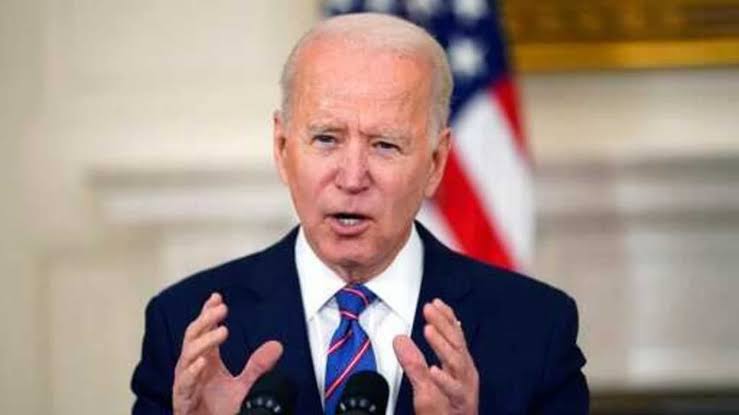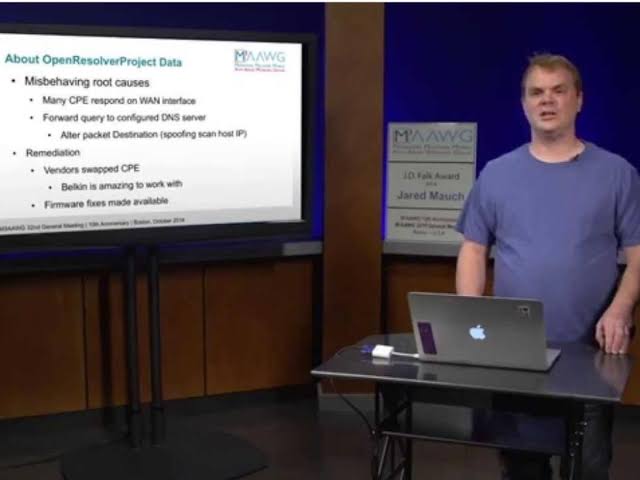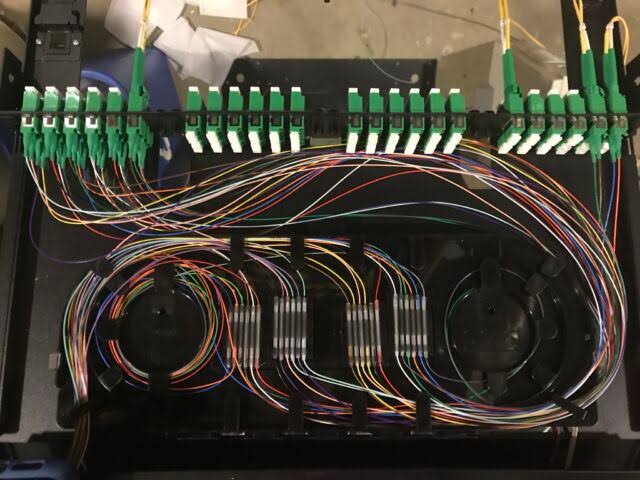
An American citizen who developed his own fiber broadband to decline from paying high bills has now been given $2.6 million by the government to distribute his broadband services. Jared Mauch of Michigan was compelled to build his own fiber-to-the-home internet service connection after Comcast told him he would have to pay $50,000 for the company to distribute its cable connection to his residence, according to reports.
What forced Jared Mauch to develop his own connection?

Mauch, who works at Akamai, moved to his current address in 2002. He received a 1.5mbps T1 line (a transmission connection between a service provider and a client). Despite the fact that technology has advanced significantly over the years, the internet service providers in Mauch’s area did not install fibercables in his neighborhood. He eventually grew tired of the slow connectivity.
Mauch then switched to a wireless ISP, which increased the speed to 50Mbps. He then asked Comcast to extend internet service to his home. But when he was quoted $50,000 he decided it wasn’t worth it. “It was so expensive at $50,000 that it made me consider if it was worth it,” he reported to Daily Source.
Government aiding in expanding network
The US government allocated $71 million to the county as part of the Coronavirus State and Local Fiscal Recovery Funds, with some of it going toward broadband expansion. Jared’s broadband service received $2.6 million in funding for service expansion.
Customers who sign up for Jared’s broadband service, which costs $55 to $79 per month, can get Internet speeds ranging from 100Mbps to 1Gbps.
Jared Mauch’s broadband is for everyone in the United States

It was not easy for him to set up his own broadband. His experience as a network engineer, however, aided him in establishing Washtenaw Fiber Properties. Although he started the company to serve his own needs, it quickly drew the attention of his neighbors, who were also frustrated by the slow internet speed. Currently, more than 70 of his neighbors use Mauch’s broadband network. Mauch’s business is reaching new heights of success and expansion, especially now that the government has awarded him a grant to serve an additional 600 homes.
Why are broadband services so expensive?
According to the New America Foundation think tank, which compared hundreds of available packages worldwide, the price of basic broadband, TV, and phone packages, or bundles, is much higher in American cities than elsewhere.
When it comes to lower to mid-range download speeds, San Francisco ($99/£61), New York ($70), and Washington DC ($68) outperform London ($38), Paris ($35), and Seoul ($15).
According to a new study released by the United Nations’ International Telecommunication Union (ITU), fixed broadband prices in the United States and around the world will rise in 2021 after declining for a few years. The ITU’s methodology concentrated on the expense of the most inexpensive standard, non-promotional fixed broadband subscription with at least 5 GB of fast data from the provider with the largest market share in each economy. It calculated cost as a percentage of gross national income and as a price in US dollars. The Open Technology Institute has been researching the cost and speed of internet services that are promoted both domestically and internationally. According to its 2020 Cost of Connectivity Report, the average monthly advertised cost of the internet in ted States is $68.38, which is more expensive than the combined average cost of internet connection in North America, Europe, and Asia.
Millions of Americans may also be unable to use the internet in the United States due to outdated infrastructure, and policymakers have been discussing ways to improve internet availability and speed.